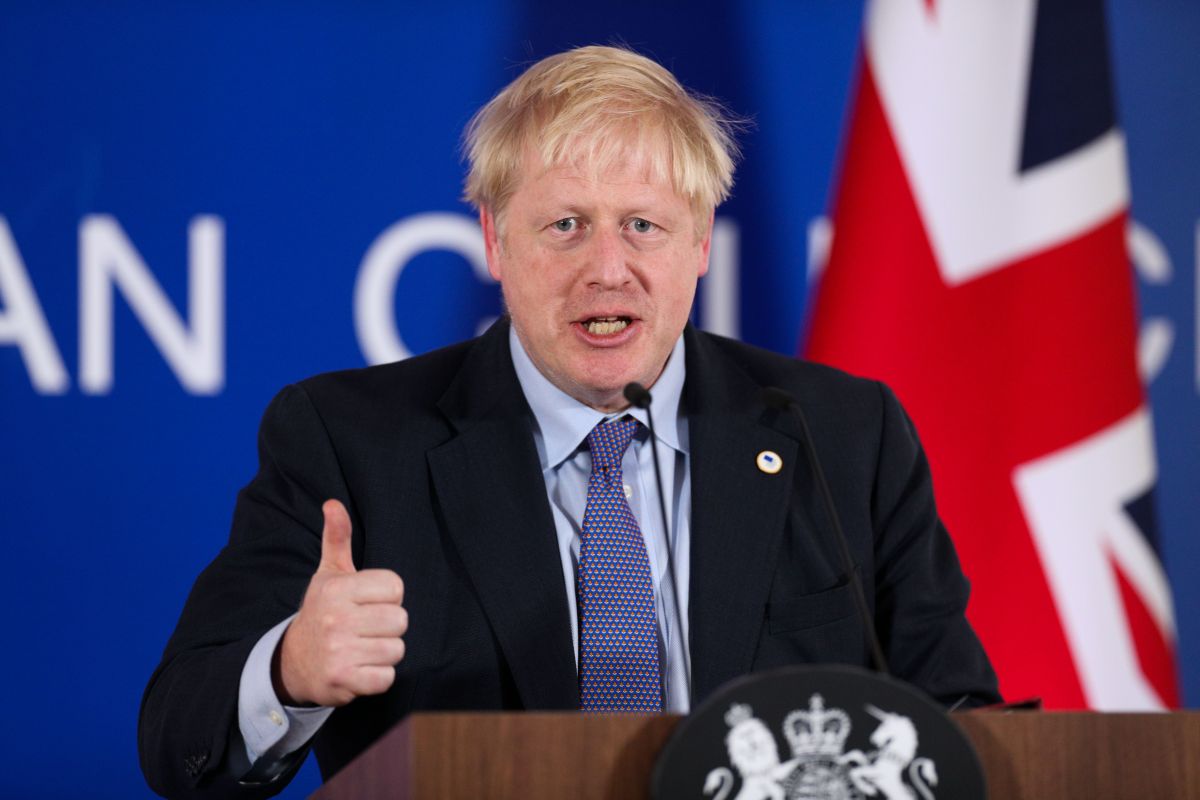In terms of legislative prevarication, this one is difficult to beat. The British Parliament, which on occasion has had an upper hand over Prime Minister Boris Johnson, has come through as a thoroughly chaotic entity. Tuesday’s vote at Westminster exemplified the mercurial, even hysterical, quality in contemporary British politics.
Truth to tell, the House of Commons was at its indecisive worst. A major victory for Mr Johnson on his EU withdrawal agreement bill was almost instantly followed by a defeat on the tight timetable for debating the same. Within seconds, the talking point had centred on an entirely new subject ~ a general election, which could turn out to be the third in as many years. Two developments are unmistakable.
Advertisement
The first is that Mr Johnson has succeeded in assembling a majority for withdrawal from EU, indeed an achievement that ought not to be dismissed. It was a majority that had eluded Theresa May thrice among exactly the same number of MPs. On the face of things, it would now appear to prepare the ground for the Prime Minister to effect the Brexit that his party elected him to achieve in July, and for which the majority voted in 2016.
There is little doubt that there has been a furious legislative churning of the Brexit crisis. The second significant message is that Mr Johnson is a Prime Minister who is today the hostage of a sovereign Parliament. In the hung Parliament that the nation elected to deal with Brexit in 2017, he has no majority. Though acutely aware that he is on a weak wicket, he can yet secure Brexit either by confronting Parliament and hoping it buckles, or by making important concessions to other parties and factions.
The concessions he must consider are procedural, showing more respect for proper process, and altering some of the contents of the withdrawal terms. These are extremely difficult to balance, as he found out on Tuesday evening. But they remain the key to the Brexit outcome. Although the situation is difficult, it ought not to present insuperable problems. This is borne out by the coalition that backed his bill on Tuesday.
The more difficult task, which the fasttrack timetable was designed to avoid, is to control the shape of the bill that emerges from more incisive parliamentary scrutiny. MPs have applied the brakes, so they may soon have the chance to amend the bill in the committee stage. Attempts will be made from a variety of quarters to retain membership of the EU customs union, to protect employment and environmental regulatory alignments, to make the bill dependent on a second referendum, to block the possibility of a no-deal exit at the end of the transition period, and to give Parliament a say in the process. As the deadline approaches, there is more chaos than clarity.











